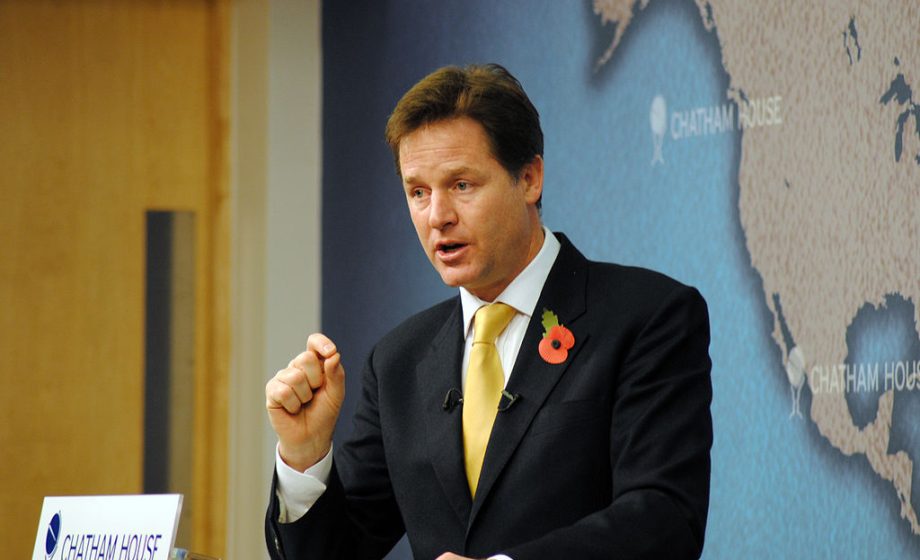A UK lawmaker is challenging Facebook on its decision to exclude political ads from its fact-checking requirements, effectively allowing politicians to lie in Facebook ads, according to The Guardian.
The House of Commons’ media committee chair, Damian Collins, pressed Facebook vice president and former deputy prime minister Nick Clegg over the company’s policy change, dropping a ban on “deceptive, false or misleading content” in political ads. He warned of the risks it could create for a UK general election.
Collins asked in the letter:
“Why was the decision taken to change Facebook’s policy, given the heavy constraint this will place on Facebook’s ability to combat online disinformation in the run-up to elections around the world, and a possible UK general election in particular?”
On Monday, Facebook announced the removal of several networks of misinformation accounts based in Russia and Iran, that were working to disrupt elections in the US and elsewhere. The company promised other steps to prevent election interference, including labeling state-owned media sources, fact-checking, and investments to promote media literacy.
Facebook Vice President Richard Allan also published plans Monday to safeguard the next general election in the UK, including a “dedicated operations center” to monitor interference, according to AP News.
But writing in The Telegraph, Allan also said:
“We do not believe it should be our role to fact check or judge the veracity of what politicians say – not least since political speech is heavily scrutinized by the media and our democratic processes.”
Facebook will label ads with claims debunked by third-party fact-checkers, often small nonprofits that have already struggled to keep up with the influx of content, focusing only on the most widely shared items. Now, the platform has created a specific exemption for content such as satire, opinion, or any site “with the primary purpose of expressing the opinion or agenda of a political figure.”
Collins and the media committee had already been calling for swift action to protect the democratic process from the new threats that come with the digital landscape, as the scale of election interference and manipulation has been uncovered in recent years.
In his letter, Collins also inquired about claims from the company’s former elections integrity chief that Facebook senior management ignored suggestions to restrict misinformation.
“I also note that Facebook’s former head of global elections integrity ops, Yael Eisenstat, has described that when she advocated for the scanning of adverts to detect misinformation efforts, despite engineers’ enthusiasm she faced opposition from upper management.”
He’s asked Facebook to explain what proposals were suggested, and exactly why those plans weren’t put into practice.
Photo by Chatham House [CC BY 2.0 (https://creativecommons.org/licenses/by/2.0)]

